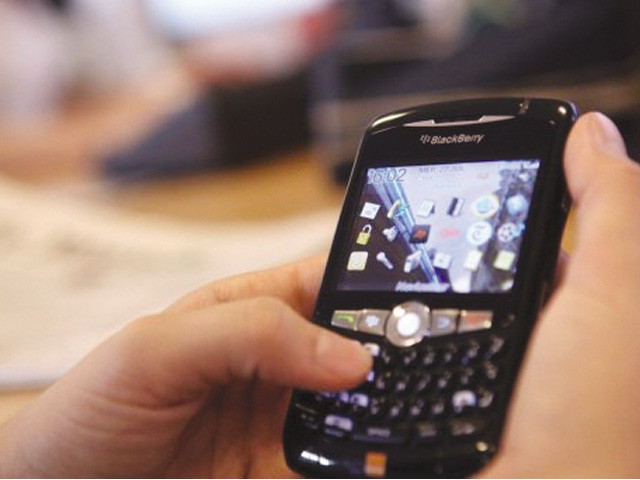India, RIM reach arrangement on giving security agencies peek into messages
RIM sets up servers in Mumbai. Indian security agencies expected to be given direct linkage.

The report states that during a high-level meeting, media persons were informed of the move. Permission from RIM for direct linkage for lawful interception was expected to be granted shortly. This will allow the legal cover for interception of messages.
In 2010, India had threatened to ban RIM's propriety messaging service, the BlackBerry Messenger after it was allegedly used by the 2008 Mumbai attackers to coordinate attacks. India had threatened RIM to grant its security agencies access to its encrypted messaging system, or pack its bags. The UAE followed suit.
In the arrangement, RIM, BlackBerry's handset manufacturer and consumer services provider, will give Indian security agencies a roundabout access to its servers.
These servers, 5000 in number, serve BlackBerry Enterprise Services. They receive messages from devices in an encrypted form. They then decrypt the message before sending it to the email server service provider via an email, where they are stored in a decrypted form. They are then re-encrypted before being pushed on to the target consumer.
The agreement between RIM and the government of India puts the onus of providing access on the service provider level.
As per Indian telecom licensing conditions, service providers are liable to install mechanisms to allow security agencies to intercept any conversation or message of any subscriber whenever required.
The report further mentioned India's Department of Telecommunications’ intentions to run a similar program with Nokia and their push mail system.


















COMMENTS
Comments are moderated and generally will be posted if they are on-topic and not abusive.
For more information, please see our Comments FAQ